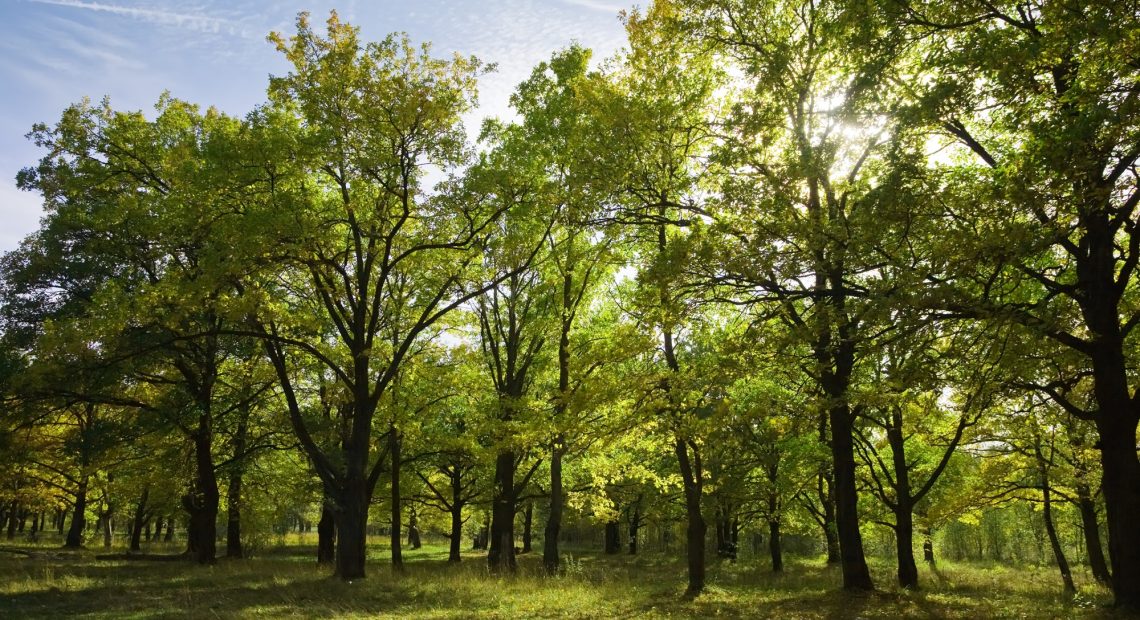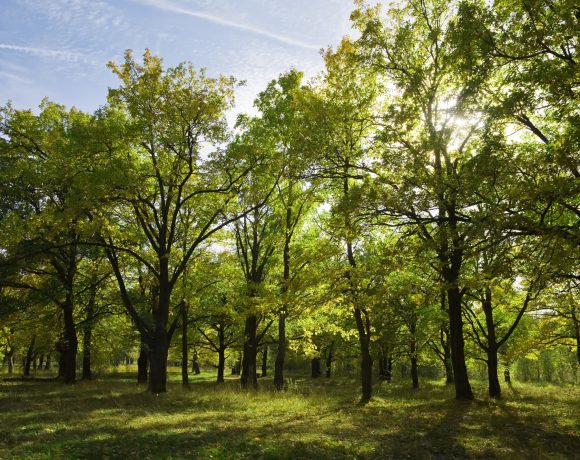
SC Orders States to Reclaim Reserved Forests from Private Use
In a significant step toward environmental justice, the Supreme Court of India has directed all states and Union Territories to reclaim reserved forest lands that were illegally allocated to private entities. Issued on May 15, 2025, the order gives authorities a one-year deadline to identify, recover, and restore such ecologically sensitive land to forest departments. The move is being seen as a landmark intervention to correct decades of unlawful diversions.
Nationwide Recovery of Forest Lands Begins
The court’s directive has spurred immediate action in several states. In Maharashtra, the Pune district administration has initiated the process to recover 11.89 hectares of forest land in Kondhwa Budruk, which was illegally allotted to a cooperative housing society back in 1998. District Collector Jitendra Dudi confirmed a site visit is scheduled to identify possible encroachments. If none are found, the land will be handed back to the forest department within three months.
Odisha too has welcomed the Supreme Court’s verdict, with environmental groups calling for swift action to reclaim forests allotted for non-afforestation purposes. In cases where reclamation is not possible due to irreversible changes, the court has ordered the recovery of equivalent monetary value from the beneficiaries. This compensation must be used to afforest alternate land parcels of equal ecological value.
Legal Foundation and Environmental Significance
The apex court’s order draws from the public trust doctrine, earlier established in landmark environmental judgments like M.C. Mehta v. Kamal Nath. The ruling reiterates that natural resources such as forests are not private property and must be preserved for public benefit. It reinforces the constitutional and legal framework that prohibits the conversion of forest land for private or commercial gain without due process.
By enforcing this reclamation, the court aims to reverse years of environmental degradation and send a strong message about the sanctity of reserved forests in India’s ecological fabric.
Call for Accountability and Long-Term Reforms
Activists and former civil servants have welcomed the judgment but have also stressed the need for deeper accountability. Environmentalist Vijay Kumbhar has urged authorities to act against those responsible for the illegal land transfers. Former IAS officer Mahesh Zagade warned that without firm action against corruption and political interference, such encroachments will continue under different names.
The Supreme Court’s directive is not just a call for reclamation but a broader push for policy correction, urging all administrative bodies to respect forest boundaries and uphold legal safeguards.


















